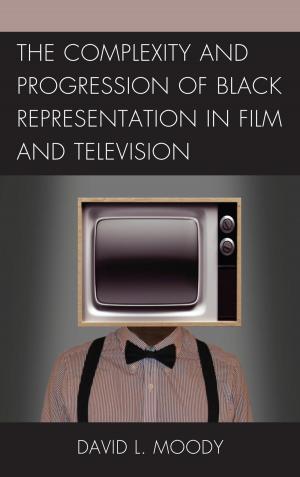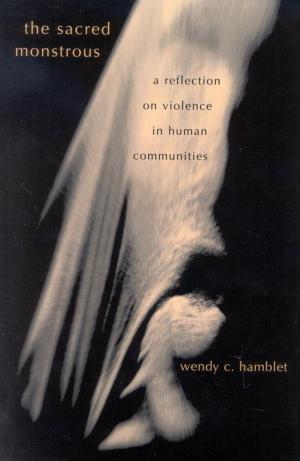Access to Inequality
Reconsidering Class, Knowledge, and Capital in Higher Education
Nonfiction, Social & Cultural Studies, Social Science, Demography, Reference & Language, Education & Teaching, Higher Education| Author: | Amy E. Stich | ISBN: | 9780739169339 |
| Publisher: | Lexington Books | Publication: | September 15, 2012 |
| Imprint: | Lexington Books | Language: | English |
| Author: | Amy E. Stich |
| ISBN: | 9780739169339 |
| Publisher: | Lexington Books |
| Publication: | September 15, 2012 |
| Imprint: | Lexington Books |
| Language: | English |
Set against the backdrop of democratization, increased opportunity, and access, income-based gaps in college entry, persistence, and graduation continue to grow, underlining a deep contradiction within American higher education. In other words, despite the well-intended, now mature process of democratization, the postsecondary system is still charged with high levels of inequality. In the interest of uncovering the mechanisms through which democratization, as currently conceived, preserves and perpetuates inequality within the system of higher education, this bookreconsiders the role of social class in the production and dissemination of knowledge, the valuation of cultural capital, and the reproduction of social inequalities. Drawing upon the author’s year-long qualitative research study within one “democratized” institution of higher education and its associated art museum, Access to Inequality explores the vestiges of an exclusionary history within higher education and the art world—two related contexts that have arguably failed to adequately respond to the public’s call to democratize.
Set against the backdrop of democratization, increased opportunity, and access, income-based gaps in college entry, persistence, and graduation continue to grow, underlining a deep contradiction within American higher education. In other words, despite the well-intended, now mature process of democratization, the postsecondary system is still charged with high levels of inequality. In the interest of uncovering the mechanisms through which democratization, as currently conceived, preserves and perpetuates inequality within the system of higher education, this bookreconsiders the role of social class in the production and dissemination of knowledge, the valuation of cultural capital, and the reproduction of social inequalities. Drawing upon the author’s year-long qualitative research study within one “democratized” institution of higher education and its associated art museum, Access to Inequality explores the vestiges of an exclusionary history within higher education and the art world—two related contexts that have arguably failed to adequately respond to the public’s call to democratize.















